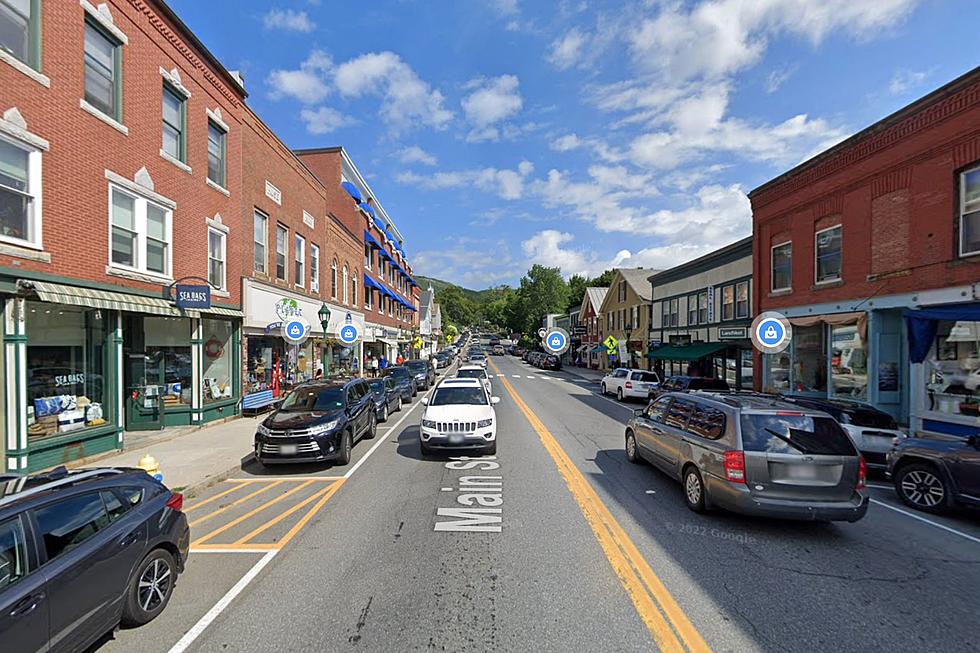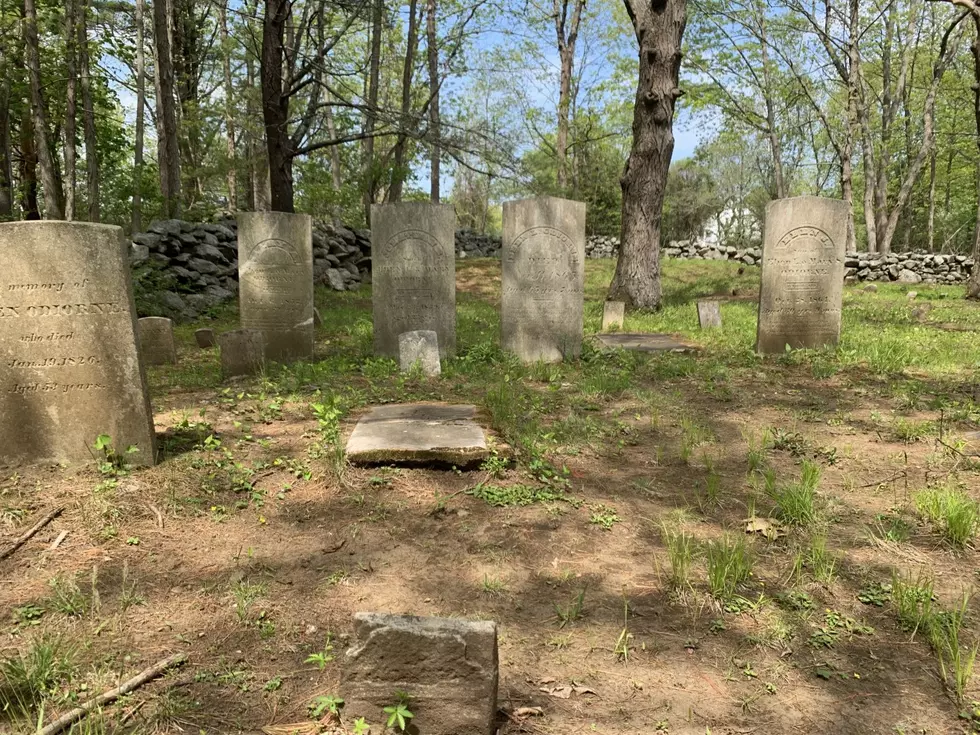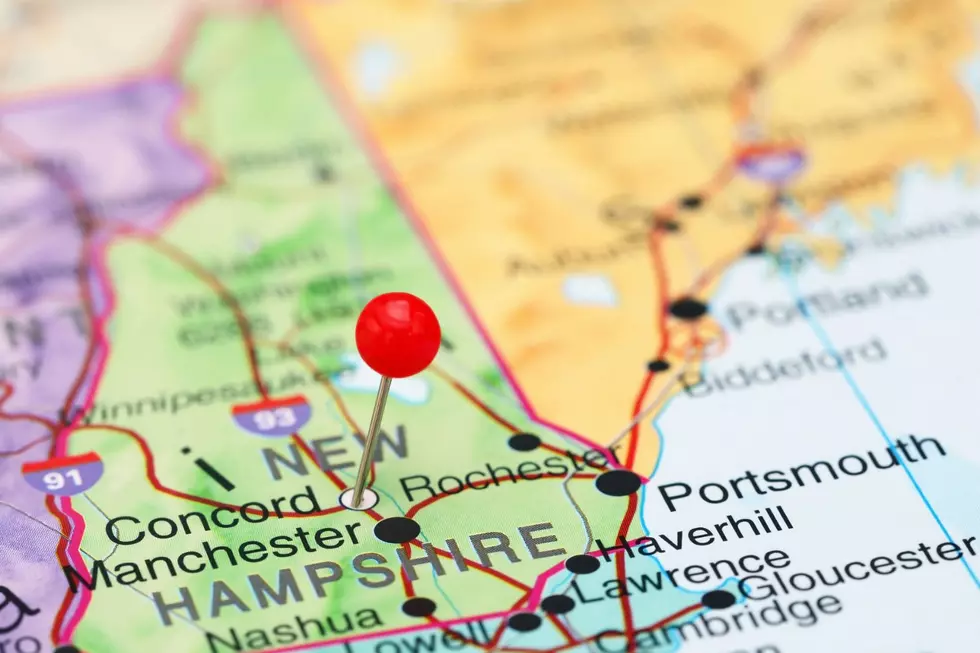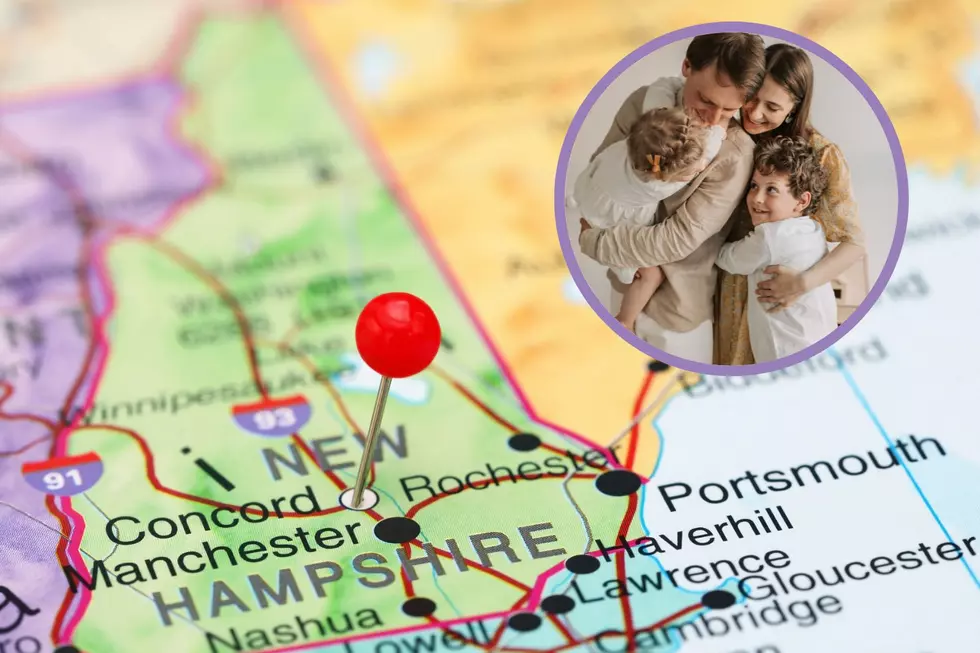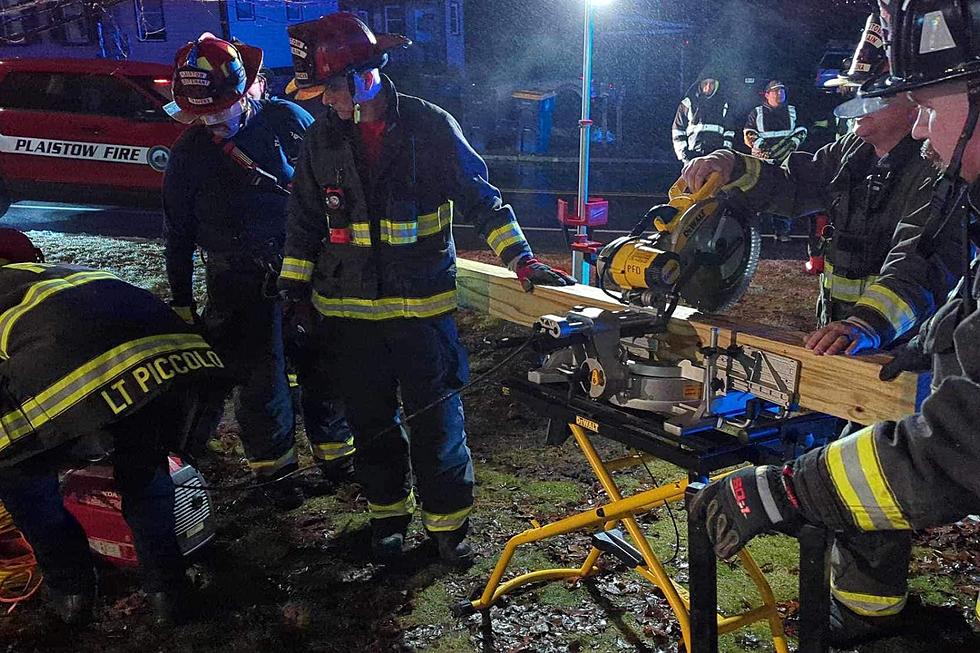
Turn The Clocks Back, Check Smoke Detector Batteries Sunday
It's the story that happens twice a year: the changing of the clocks for the beginning and end of Daylight Saving Time but each time with an important message from firefighters.
We return to Standard Time at 2 a.m Sunday by turning back the clock one hour until March. The other action to take is to do some maintenance with your smoke, fire detectors and carbon monoxide detector. Units that are over 10 years old should be replaced, according to the National Fire Protection Association.
"Use the extra hour you 'gain' from daylight-saving time to change the batteries in their own smoke alarms and carbon monoxide detectors, test the alarms and remind friends, family, neighbors and fellow community members to do the same," Dover Fire Chief Paul Haas.
Offices and businesses can also use the time change to replace the batteries on wall-mounted emergency lights and exit signs. All businesses should have emergency backup lighting as a safety feature to provide temporary lighting in case of power failure, according to the National Fire Protection Association.
What If?
As for Daylight or Standard Time becoming permanent that seems to be a long way off.
Maine has a law on the books that would move the state into Atlantic Standard Time if New Hampshire and Massachusetts were to do the same. Legislation was introduced in 2017 in New Hampshire by Hillsborough County Republican Representative Keith Murphy to make that move but that was killed.
Essex County U.S. Rep. Seth Moulton (D-MA, 6th District) was one of 26 co-sponsors of a bill called the Sunshine Protection Act of 2021 that would make Daylight Saving Time permanent. The bill was sent to the Subcommittee on Consumer Protection and Commerce but no action has been taken.
Contact reporter Dan Alexander at Dan.Alexander@townsquaremedia.com or via Twitter @DanAlexanderNH
Answers to 25 common COVID-19 vaccine questions
More From Seacoast Current
